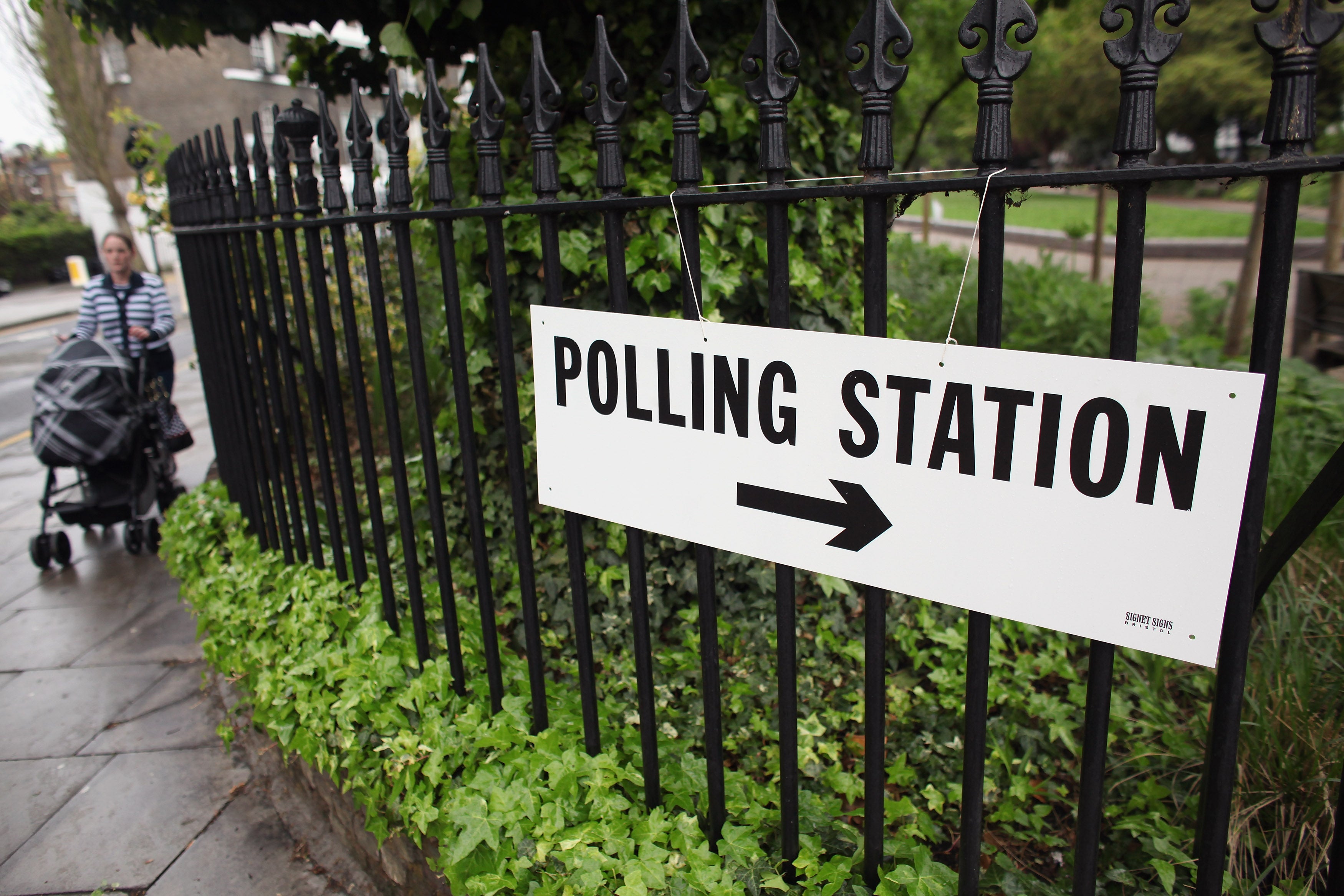Only one third of candidates in English local elections are women
‘We need to see more women encouraged to get into politics - for many this begins at the local level’

Your support helps us to tell the story
From reproductive rights to climate change to Big Tech, The Independent is on the ground when the story is developing. Whether it's investigating the financials of Elon Musk's pro-Trump PAC or producing our latest documentary, 'The A Word', which shines a light on the American women fighting for reproductive rights, we know how important it is to parse out the facts from the messaging.
At such a critical moment in US history, we need reporters on the ground. Your donation allows us to keep sending journalists to speak to both sides of the story.
The Independent is trusted by Americans across the entire political spectrum. And unlike many other quality news outlets, we choose not to lock Americans out of our reporting and analysis with paywalls. We believe quality journalism should be available to everyone, paid for by those who can afford it.
Your support makes all the difference.More action needs to be taken to encourage women into politics, says the UK’s leading charity for gender equality.
This comes as data revealed only one third of candidates in this week’s English council elections are women.
Research carried out by the Fawcett Society charity and the Democracy Club discovered that fewer than one in four police and crime commissioner candidates are female in England and Wales. They also found only one in four mayoral candidates are women.
“We know that women are already chronically under-represented in local government, and it’s clear that without concerted effort we simply won’t see gender equality and women will continue to be an unheard majority,” explained the Fawcett Society.
The report revealed that women make up 42 per cent of the Green party’s candidates, 39 per cent of the Labour party’s, 30 per cent of the Liberal Democrats’ and 25 per cent of the Conservatives’.
The party with the lowest proportion of female candidates was the Reform party at 11 per cent. They were followed by Ukip at 20 per cent.
Chief executive of the Fawcett Society, Felicia Willow, called the data “concerning” saying that it “clearly shows a lack of women in local government.”
She added: “We need to see more women encouraged to get into politics - for many this begins at the local level.”
Meanwhile, the charity is calling for the government to require that parties collect election candidate diversity data, as well as asking that councils provide support for childcare and adult care costs, and that councils use more technology to enable council meetings to go ahead remotely.
They are also asking that councils introduce codes of conduct against sexisim and create committees to enforce them. This comes following research by the charity, which revealed that one third of female councillors said they had received sexist comments from colleagues.
The charity is asking councils to create reasonable adjustment policies to support disabled women and men to be councillors. They want parties to set out targets for increasing women’s representation with a clear action plan put in place to achieve them, adding that councils should commit to legislating for quotas if no progress is made.
Ms Willow said implementing these changes would lead to “better policy and decision making with a wider range of voices being heard.”
She added: “We need to see all forms of government embrace modernisation. Remote working technology has been used to keep local government and parliament running during the pandemic and, as we build back, flexible working must continue for those who need it.”
It seems that in recent years, the number of women standing for election to local government has been on the rise, thanks to significant efforts by campaigners.
According to the Fawcett Society however, more recent data shows that we are currently going backwards on gender equality, which could have an effect on women in politics.
Local elections will take place on 6 May.
Join our commenting forum
Join thought-provoking conversations, follow other Independent readers and see their replies
3Comments